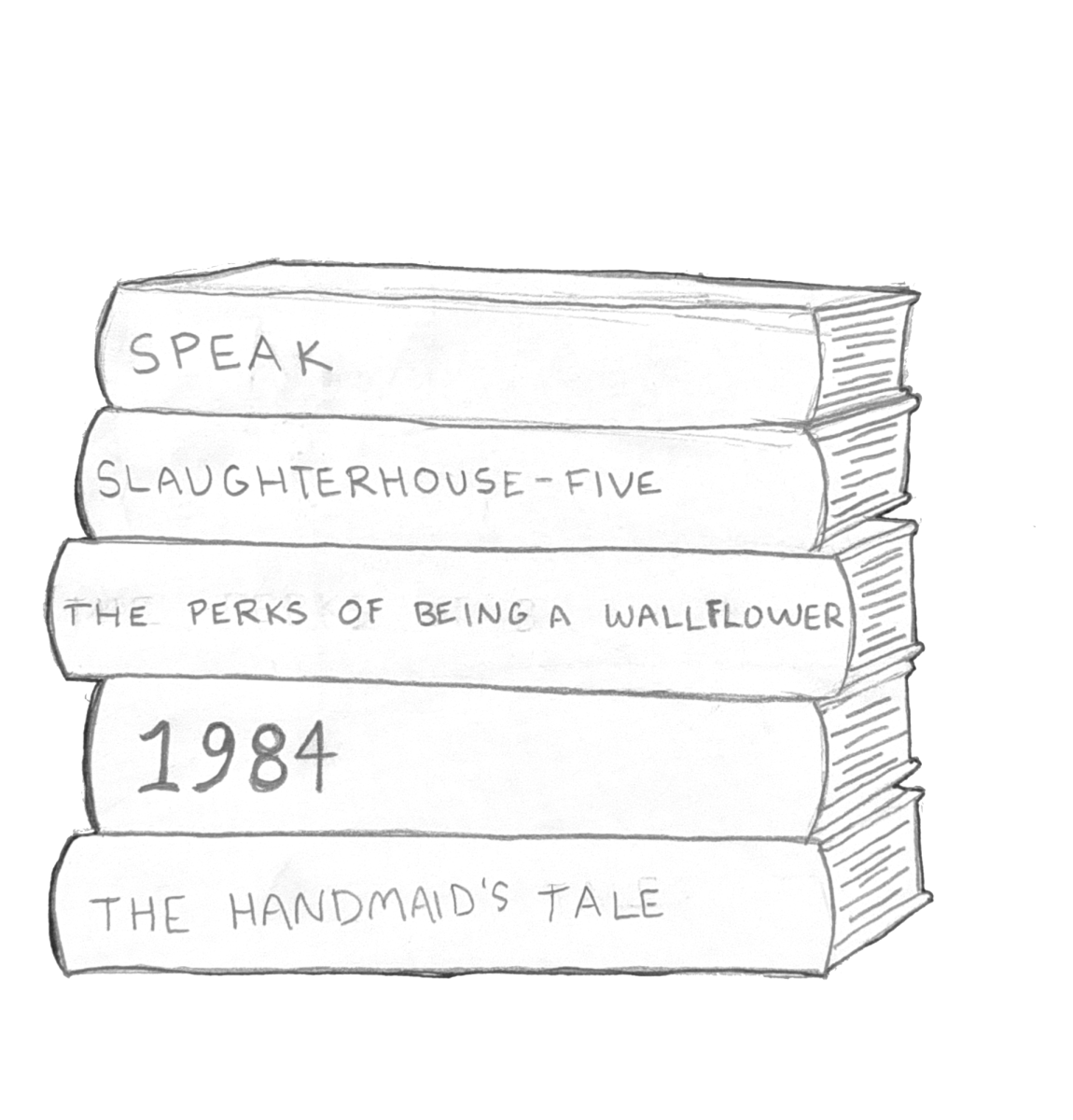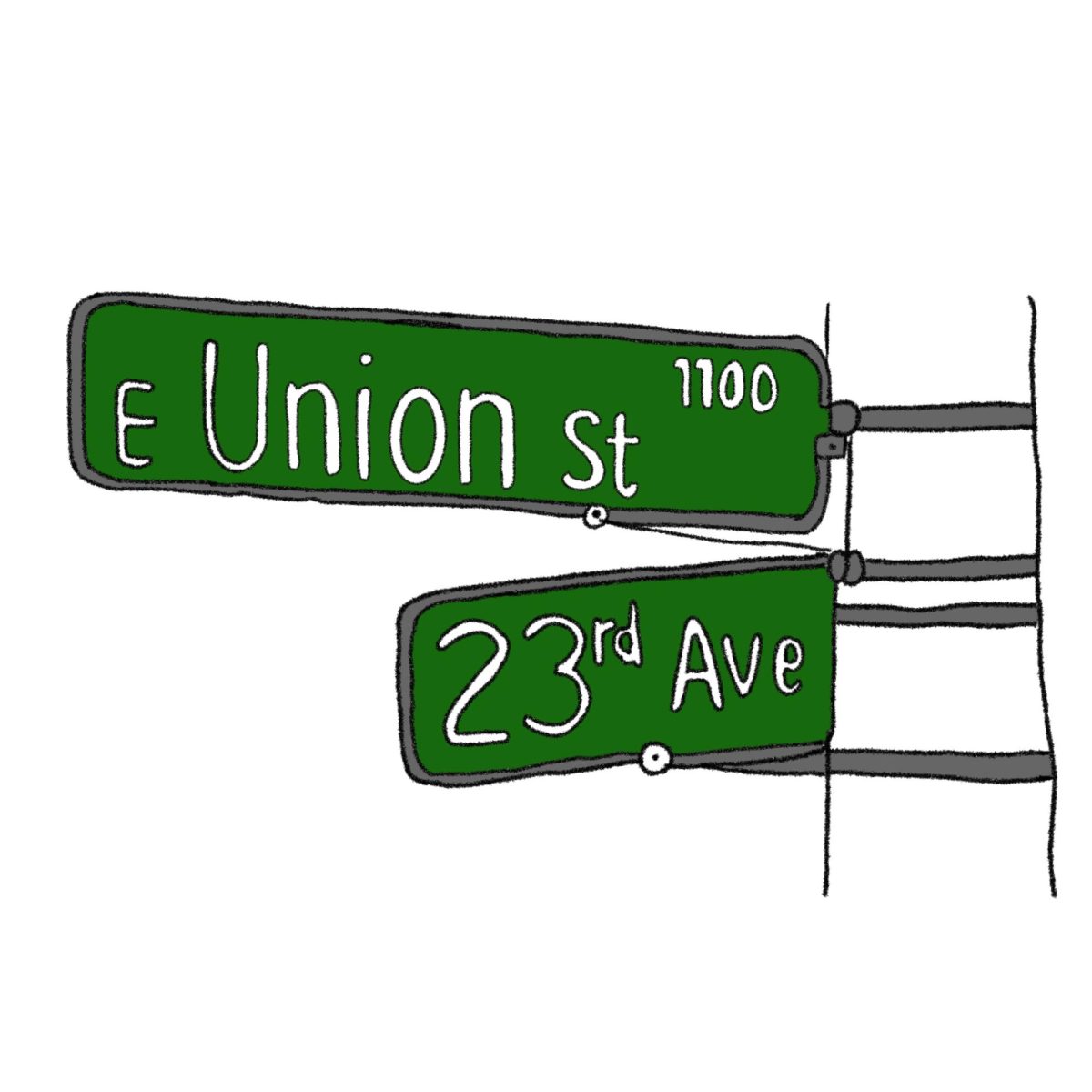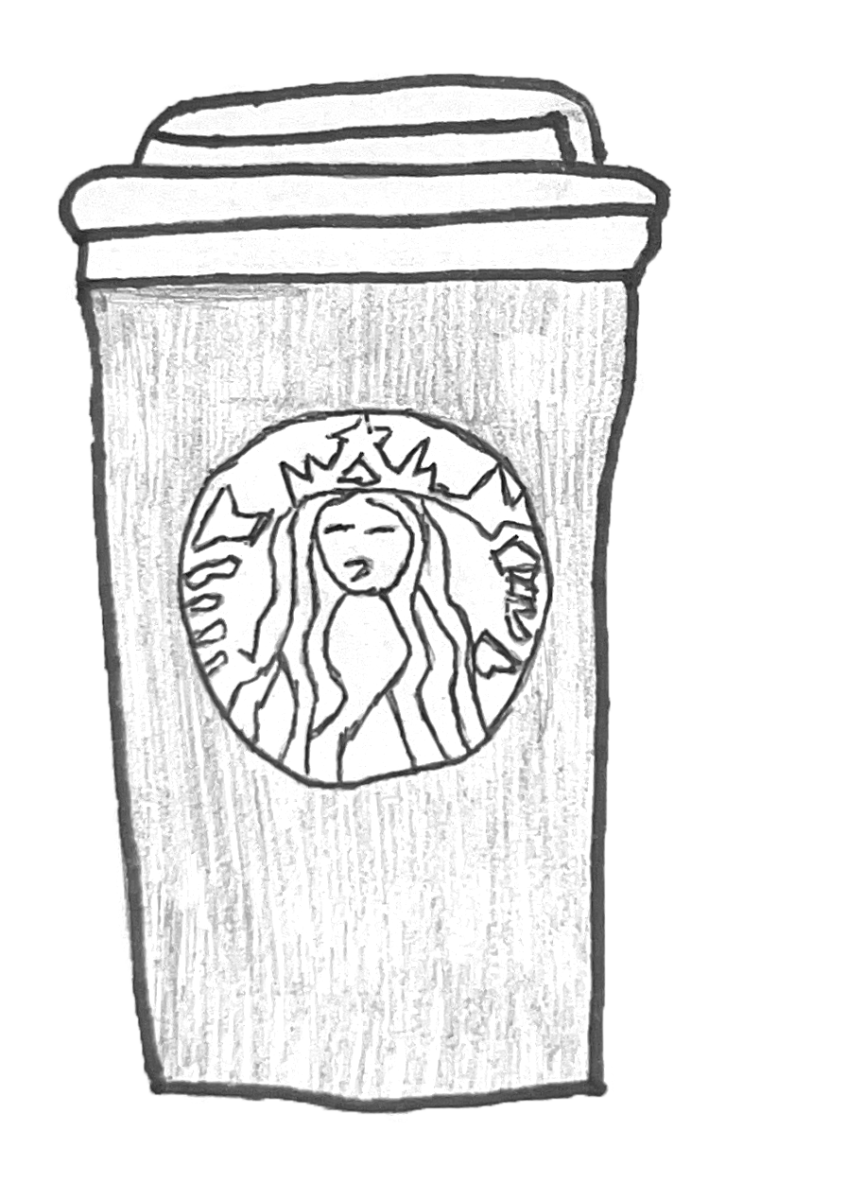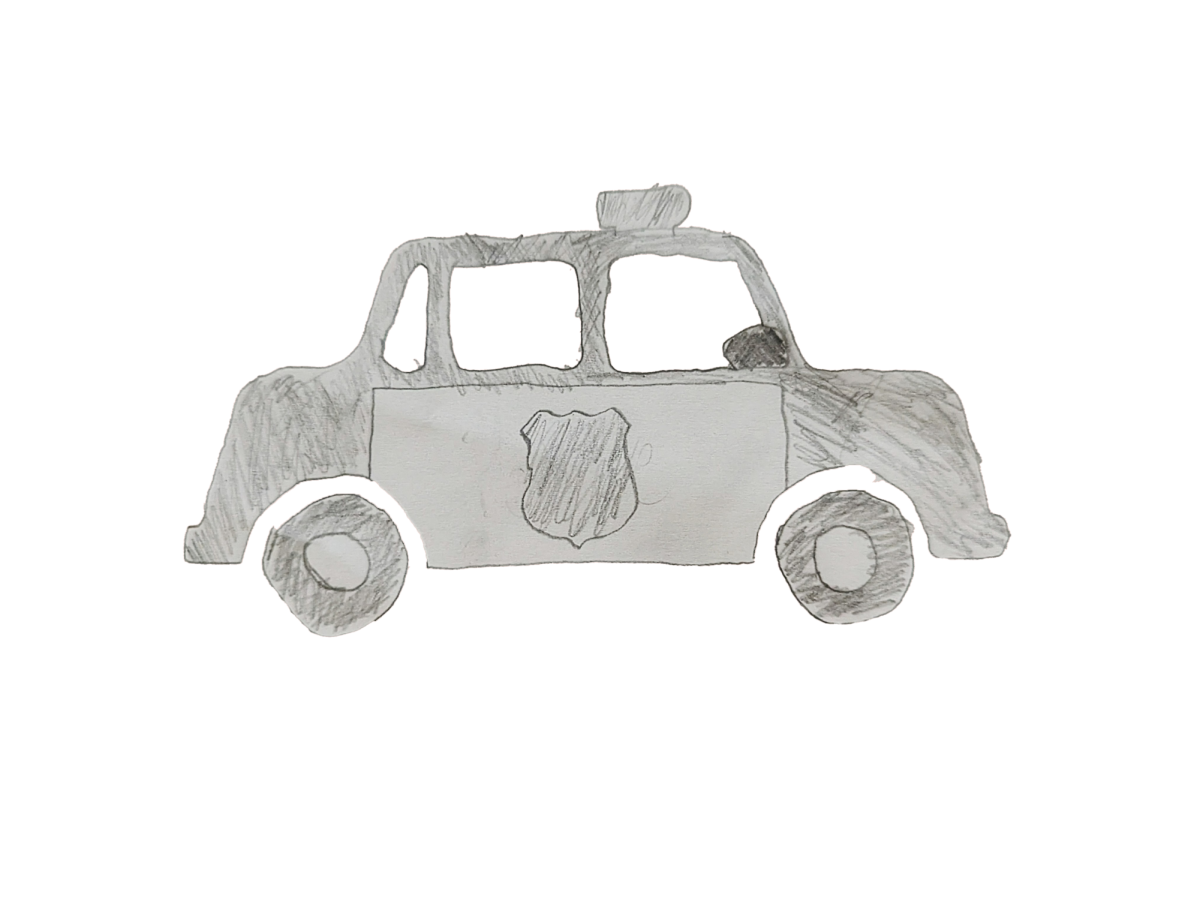In 2023-2024 alone, book bans in the US rose by 200% (PEN America), including thousands of books centered around race, gender, and sexuality being removed from school libraries. With President Donald Trump’s promises to “end wokeness” in classrooms and dismissal of excessive book-banning as a “hoax,” many are feeling cynical about the future of censorship and education in America. However, while these books are harder to find, they can still be bought and read. I’ve compiled a list of my top five favorite banned books. The best way to combat banning literature is by bringing awareness and reading banned books.
“The Handmaid’s Tale,” by Margaret Atwood is a popular book with a cult-following, as well as a five-season TV show based off of it. The book explores themes of feminism, religious extremism, and rebellion against a corrupt government. I loved how Atwood highlighted the effects of censorship sexism in a modern society, and it had a lasting effect on how I think about the future of women’s rights in America.
“1984,” by George Orwell is considered by many to be the most commonly banned book in the US. The book is centered around an over-controlled society in which civilians are monitored at all times by the government and fed propaganda everywhere they go. It’s an incredible read and deserves all the acclaim it gets for perfectly highlighting the dangers of a censored society.
“The Perks of Being a Wallflower,” by Stephen Chbosky is another often banned book which tells the coming-of-age story of a young man entering highschool, making new friends, falling in love, and coping with depression and PTSD after several traumatizing life events which are revealed throughout the book. It’s a deeply touching story that stayed with me long after I finished reading it, and I found myself coming back to it again and again over the years.
“Slaughterhouse Five,” by Kurt Vonnegut is a sci-fi anti-war novel following a man’s life experiences from a young child to a soldier and to his post-war years, spent unraveling his memories as he travels through time to deliver an unflinching portrait of war. The book has been banned in many school districts and is an amazing display of Vonnegut’s craft. I especially loved how he used time to highlight the lasting effects of war on the main character’s psyche.
Lastly, “Speak,” by Laurie Halse Anderson is a short novel detailing a teenage girl’s experience in the aftermath of being raped at a party. From social fall-out to her selective mutism, the trauma she experiences manifests itself in many ways. The book brings the reader into one of the most difficult situations one can imagine and inspires reflection on societal trends around women speaking up about sexual assault.
Along with these titles, thousands of books are being pulled from shelves across school districts and libraries all over the country. Each of these books taught me something distinctly different, and each is important to have accessible. By reading banned books and discussing them more often, you can bring awareness to the messages they share and resist censorship.







